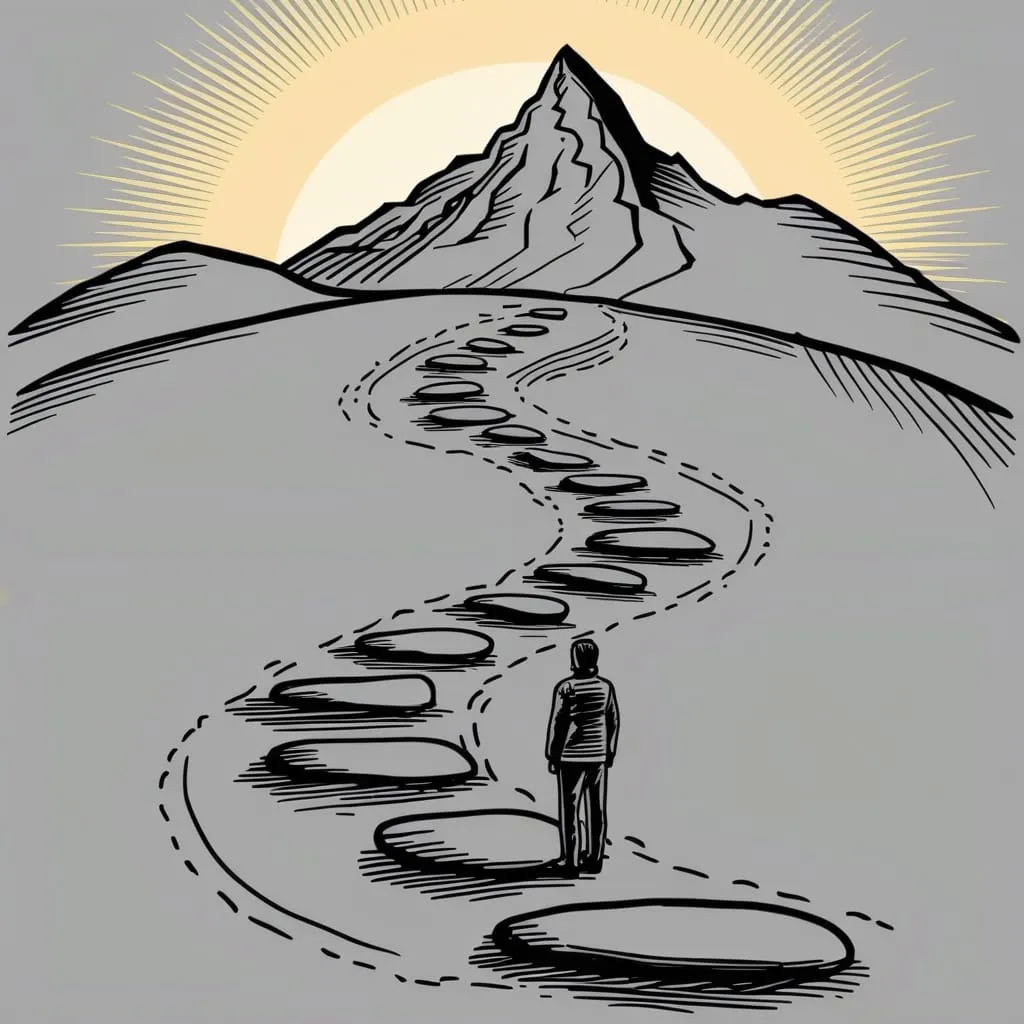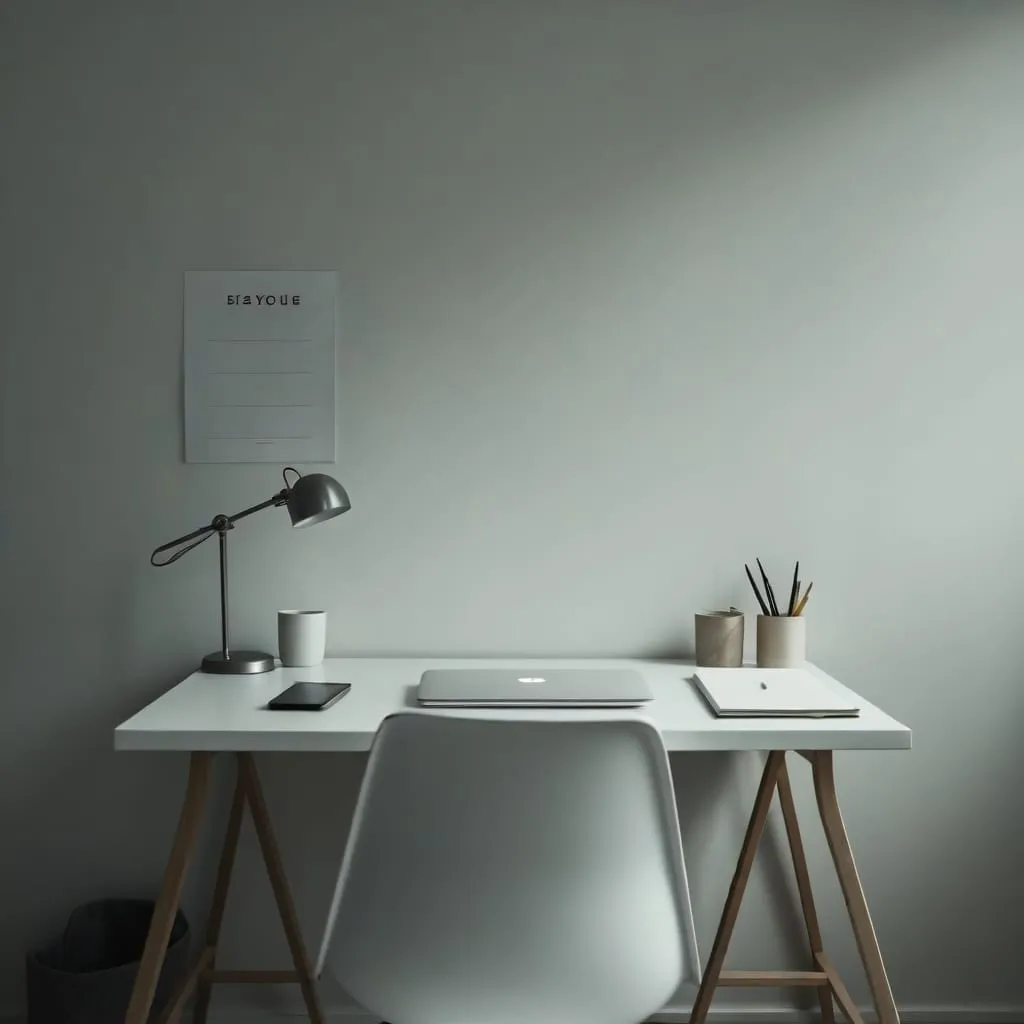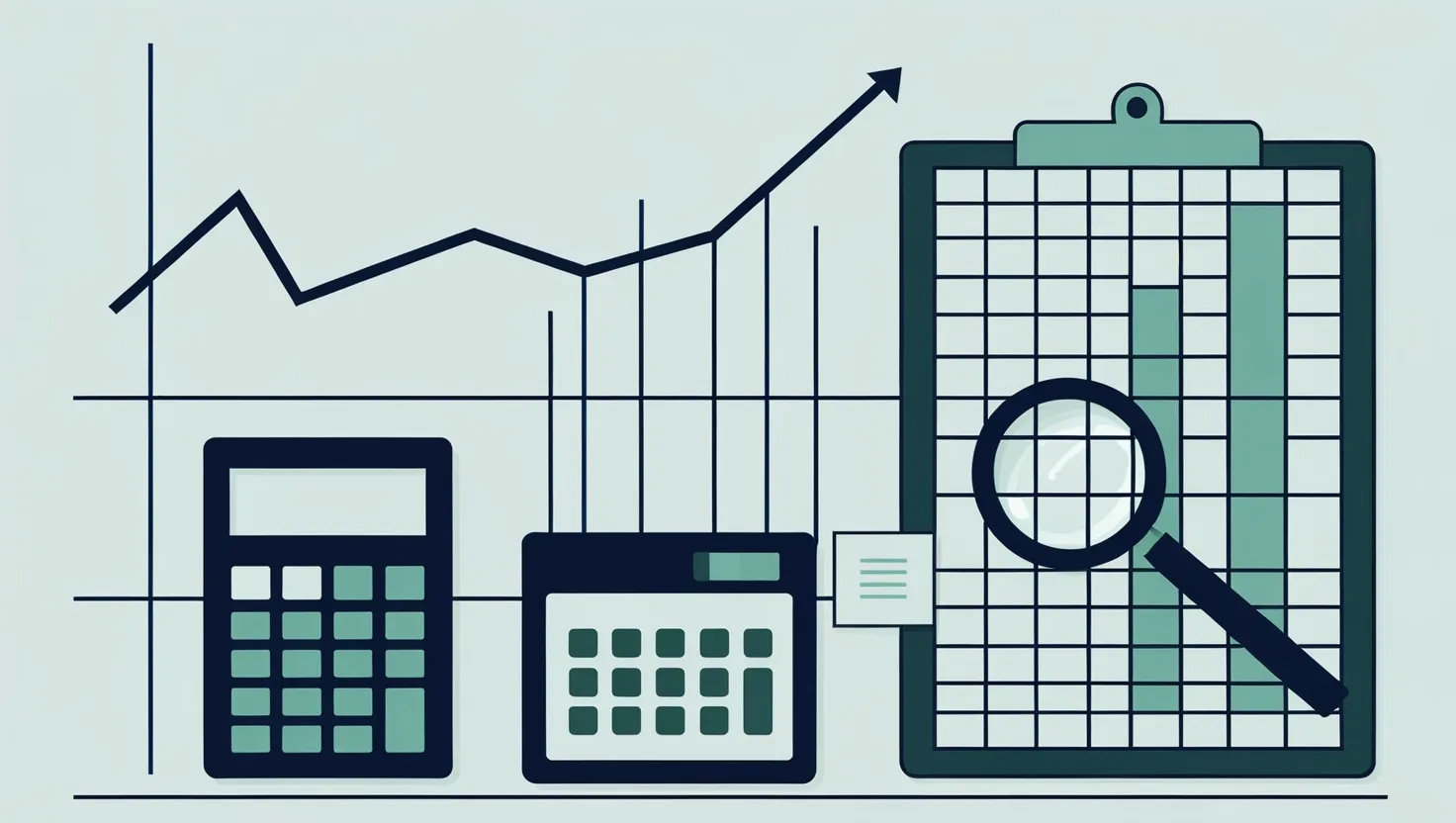Planning Your Day Backwards: The Secret to Crushing Your Goals
Ever feel like you're always racing against the clock, scrambling to meet deadlines? Yeah, we've all been there. But what if I told you there's a game-changing strategy that could turn your frantic days into smooth sailing? Enter backward planning - the unsung hero of time management.
So, what's the deal with backward planning? It's pretty simple, really. Instead of starting at the beginning and working your way forward, you flip the script. You start with your end goal and work your way back to the present. It's like solving a puzzle in reverse, and trust me, it's way more effective than you might think.
Picture this: You've got a big project due in a month. Instead of diving in headfirst and hoping for the best, you start by imagining the finished product. What does it look like? What steps did you take to get there? By working backwards, you create a roadmap that guides you every step of the way.
But here's the kicker - backward planning isn't just about getting stuff done. It's about doing it without losing your mind in the process. When you plan backwards, you're less likely to find yourself in that last-minute panic mode we all know and hate. You know, when you're chugging coffee at 2 AM, wondering where all the time went? Yeah, we can kiss those nights goodbye.
One of the coolest things about backward planning is how it messes with your brain - in a good way! When you focus on the end goal, you're actually more likely to stay motivated throughout the process. It's like your brain gets a little preview of success, and it's hungry for more. Suddenly, that mountain of work doesn't seem so intimidating anymore.
Let's talk about time for a sec. We all have that friend who's always running late, right? Well, backward planning might just be their saving grace. When you plan from the end, you tend to be more realistic about how long things actually take. No more "Oh, I can totally write a 10-page paper in an hour" moments. You account for all the little steps and hiccups along the way, so you're less likely to end up in a time crunch.
But here's the real magic of backward planning - it keeps you focused on the big picture. It's easy to get lost in the daily grind and forget why you're doing what you're doing. But when you start with the end in mind, every task becomes a stepping stone towards your ultimate goal. It's like having a North Star guiding you through your day.
So, how do you actually do this backward planning thing? Let's break it down:
First things first, get crystal clear on your goal. What exactly are you trying to achieve? Whether it's nailing a presentation at work or planning the ultimate birthday bash, know what success looks like for you.
Now, here's where the fun begins. Start at the end and work your way back. What's the last thing you need to do before you reach your goal? And before that? Keep going until you hit today. It's like creating a treasure map in reverse.
As you're mapping out your plan, be realistic about time. Give yourself some breathing room - life has a funny way of throwing curveballs when you least expect it. And don't forget to consider any dependencies. If you need your boss's approval before moving forward, factor that in.
If you're a tech-savvy planner, there are tons of tools out there to help you visualize your backward plan. Kanban boards are pretty sweet for this kind of thing. But honestly, even a good old-fashioned notebook works just fine.
Now, let's get real for a second. Backward planning isn't just for work stuff. You can use this strategy for pretty much anything in your life. Planning a wedding? Start with the big day and work backwards. Saving up for that dream vacation? Figure out how much you need to save each month to make it happen.
Even your everyday to-do list can benefit from a little backward planning. Let's say you need to get dinner on the table by 7 PM. Work backwards from there - when do you need to start cooking? When should you hit the grocery store? Suddenly, your day has a clear structure, and you're not left wondering where all the time went.
Here's a real-life example for you. A friend of mine was training for a marathon. Instead of just winging it, she used backward planning. She started with race day and worked backwards, mapping out her training schedule, nutrition plan, and even when to buy new running shoes. On race day, she felt prepared and confident - all thanks to backward planning.
But let's be honest, backward planning isn't always a walk in the park. It takes some practice to get the hang of it. You might find yourself overestimating or underestimating time at first. That's okay! The more you do it, the better you'll get at predicting how long things actually take.
And here's a pro tip: Don't be afraid to adjust your plan as you go. Life happens, and sometimes things don't go exactly as we planned. The beauty of backward planning is that it gives you a clear overview of your timeline, making it easier to shift things around if needed.
One thing I love about backward planning is how it can reduce stress. When you have a clear plan laid out, you're less likely to feel overwhelmed. You know exactly what needs to be done and when, so you can tackle each task with confidence. No more lying awake at night worrying about everything you need to do - it's all there in your plan.
But perhaps the most powerful aspect of backward planning is how it changes your mindset. Instead of seeing tasks as isolated chores, you start to see them as steps towards your ultimate goal. It's like connecting the dots - suddenly, everything has a purpose.
Backward planning can also be a game-changer for procrastinators. When you see how each task fits into the bigger picture, it's harder to put things off. Plus, starting with the end in mind can make even the most daunting projects feel more manageable.
Now, I'm not saying backward planning is a magic solution that will solve all your problems. But it is a powerful tool that can help you take control of your time and achieve your goals more effectively. It's about working smarter, not harder.
So, next time you're faced with a big project or goal, try flipping your planning process on its head. Start at the end and work your way back. You might be surprised at how much clearer and more achievable everything becomes.
Remember, the key to successful backward planning is to be flexible and realistic. Don't beat yourself up if things don't go exactly according to plan. The goal is progress, not perfection.
In the end, backward planning is all about taking control of your time and your goals. It's about creating a roadmap that leads you to success, step by step. So why not give it a shot? Your future self will thank you.






